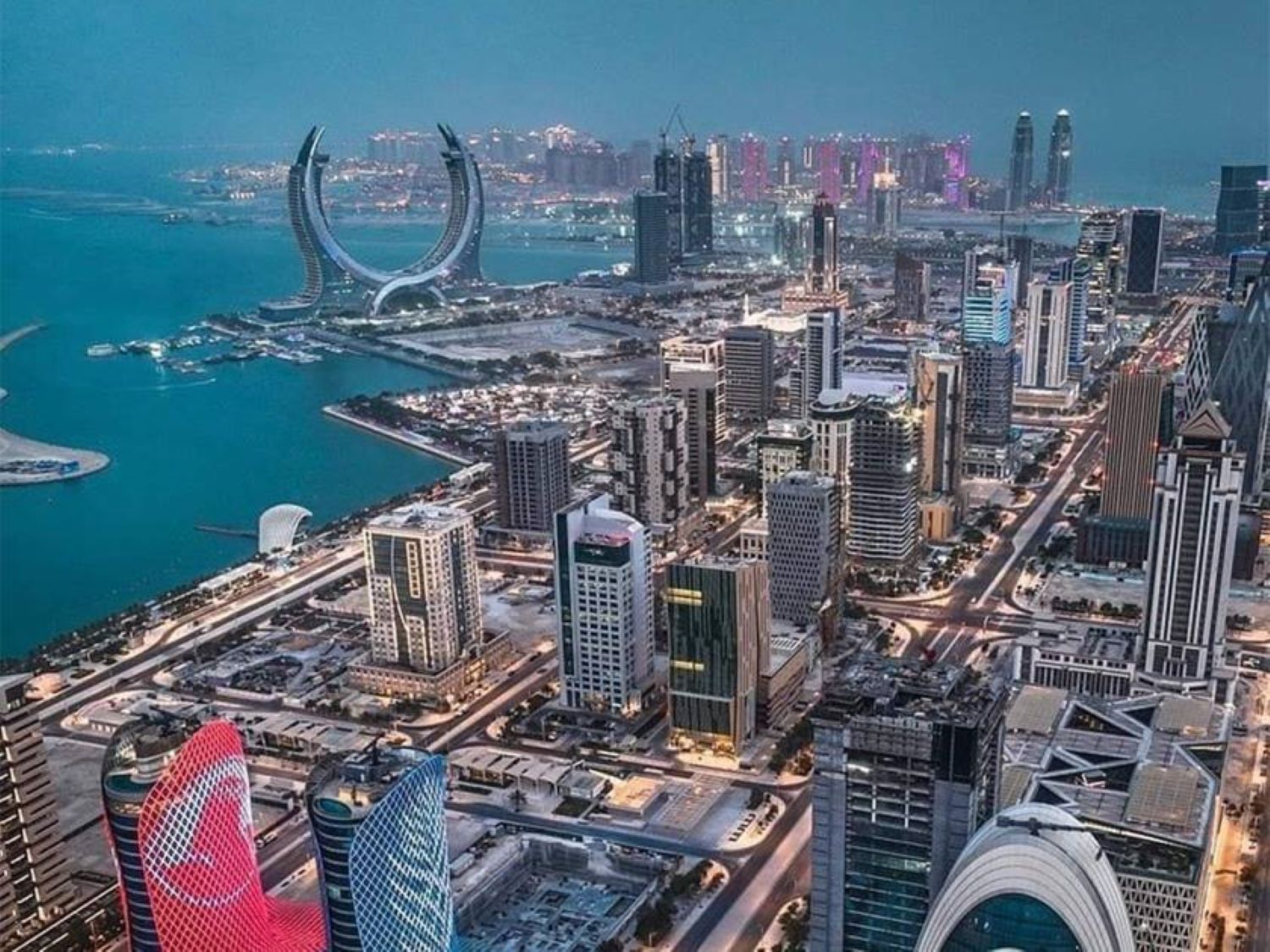Dubai, UAE – This morning, the MENA region kicks off the week with strong signals of economic momentum and regional complexity. According to EY’s latest M&A Insights report, deal-making across the Middle East and North Africa surged in Q1 2025, reaching a five-year high. The region saw 225 mergers and acquisitions—a 31% jump year-on-year—with cross-border deals accounting for more than half of total volume and 81% of value, or $46 billion. Business leaders are taking note as cross-border consolidation reshapes competitive dynamics in sectors ranging from energy to logistics.
Meanwhile, Qatar continues to assert economic stability with its foreign reserves rising 3.6% year-on-year to QR 258.1 billion in May. The increase, despite a dip in bonds and treasury holdings, underscores sound fiscal stewardship and reinforces investor confidence amid global uncertainties.
In the Gulf’s logistics space, Saudi Arabia’s port activity paints a promising picture of trade recovery and capacity growth. The Kingdom reported a 13% year-on-year increase in container throughput in May, hitting 720,684 TEUs. Imports surged nearly 16%, reinforcing Saudi’s push toward economic diversification and its growing role as a regional trade hub.
On the geopolitical front, developments in Gaza remain tense. Egypt and Turkey continue their coordination on ceasefire efforts and humanitarian aid, as diplomatic momentum struggles against on-ground escalation. In a flashpoint incident, Israeli forces intercepted the aid vessel Madleen—with high-profile volunteers like Greta Thunberg aboard—raising questions over maritime law and humanitarian access.
The humanitarian crisis in Gaza is deepening. The ICRC has warned that the healthcare system is on the brink of collapse, with medical infrastructure under increasing strain from ongoing hostilities.
Elsewhere, the International Labour Organisation is calling for a revival of social dialogue between governments, unions, and businesses as global inequalities and labor tensions rise. Frédérique Dupuy emphasized this as a strategic necessity, not just a crisis tool.
In Iran, nuclear tensions are back in the spotlight. Tehran has threatened to scale back cooperation with the IAEA if a critical UN resolution proceeds—setting the stage for renewed diplomatic strain.
And finally, in a long-awaited development, Iraq has released two engineers—Australian and Egyptian—after over four years in detention. However, a travel ban remains, clouding the resolution of this protracted dispute.








